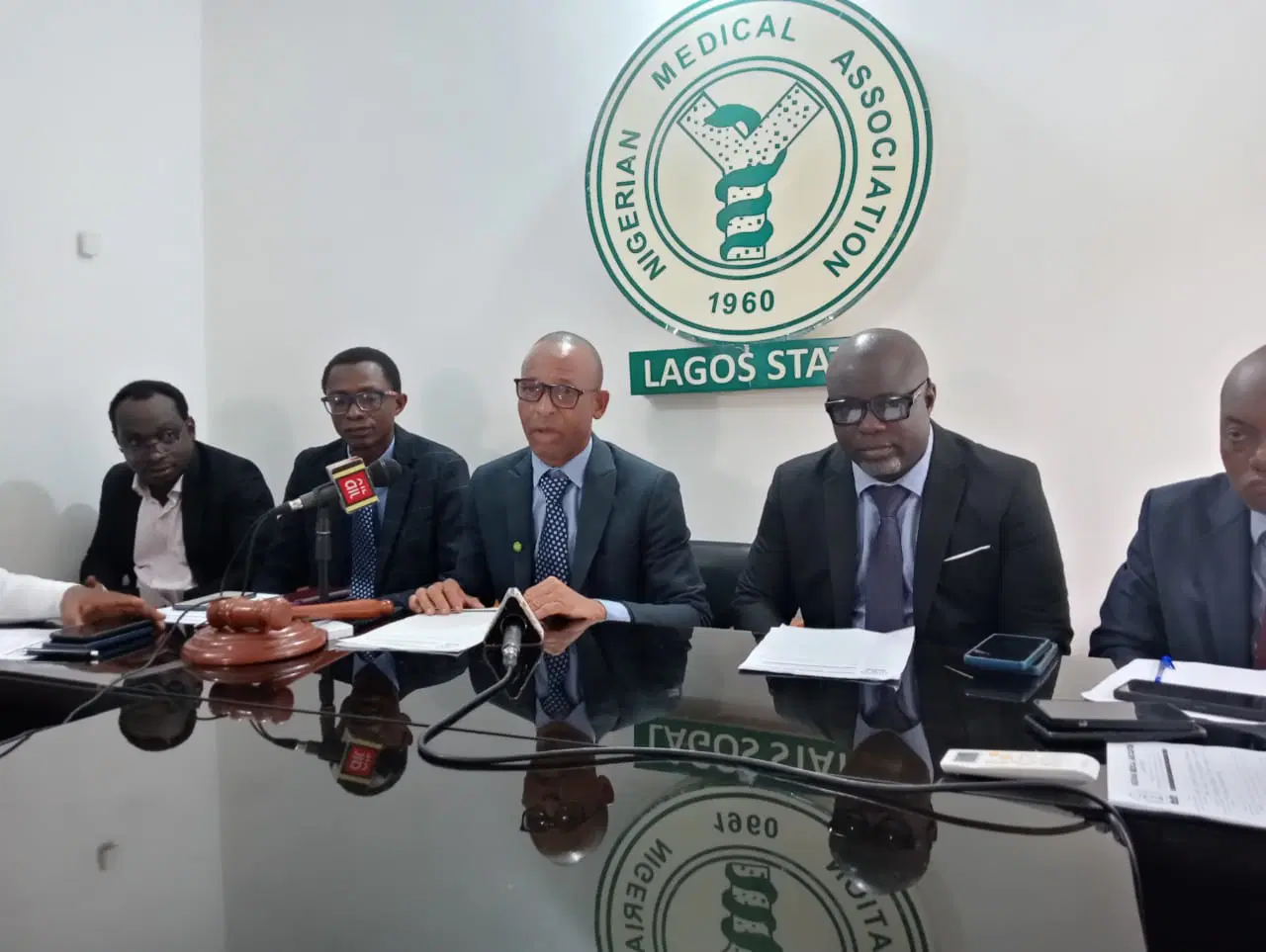In a bid to address the increasing migration of Nigerian doctors seeking better pay abroad, the Nigerian Medical Association (NMA), Lagos Chapter, has urged the Federal Government to establish a policy for regular review of doctor remuneration in line with economic realities. This appeal was made during the 2024 National Physician’s Week, an event dedicated to honoring the commitment of Nigerian physicians and shedding light on the systemic challenges they face.
Dr. Babajide Saheed, Chairman of NMA Lagos, highlighted the pressing need to retain healthcare professionals in Nigeria, citing poor remuneration as a significant factor contributing to the “Japa Syndrome”—the mass exodus of professionals in search of better opportunities overseas. He stated, “Today, ‘Japa Syndrome’ is not a new phenomenon. Our medical and dental practitioners are leaving all sectors of Nigeria for countries that offer them fair compensation and a dignified working environment.”
Dr. Saheed criticized the government for its lack of tangible actions to combat the brain drain in healthcare, despite expressing concern over the issue. He advocated for a “universal applicability” in doctor remuneration across Nigeria, proposing that the same minimum wage structure, specifically the Consolidated Medical Salary Scale (CONMESS), should be enforced for all doctors, regardless of their location.
He emphasized the necessity for federal and state governments to adjust salaries in response to the country’s rising cost of living and inflation, without waiting for healthcare professionals to resort to strikes. “Sadly, we have not achieved universal applicability in Nigeria, despite years of negotiations. This inconsistency has created an internal brain drain, with doctors leaving poorly paid state roles for federal employment or higher-paying states, leaving many states struggling to maintain adequate healthcare staffing,” he explained.
According to Dr. Saheed, Nigerian doctors are among the lowest-paid globally, and the high cost of living and inflation have severely diminished the purchasing power of medical salaries, prompting the urgent need for reform to retain healthcare professionals in the country

